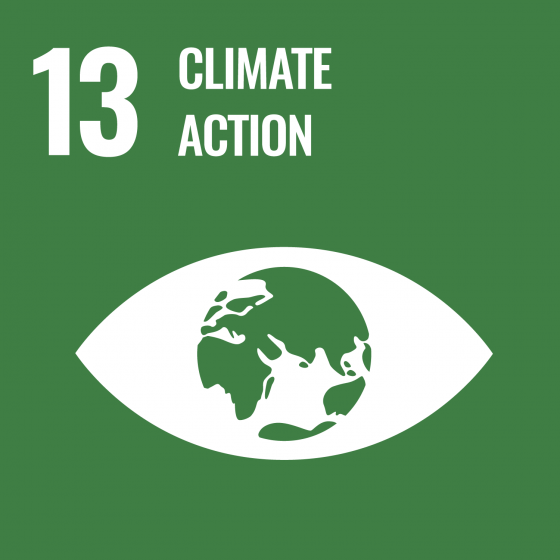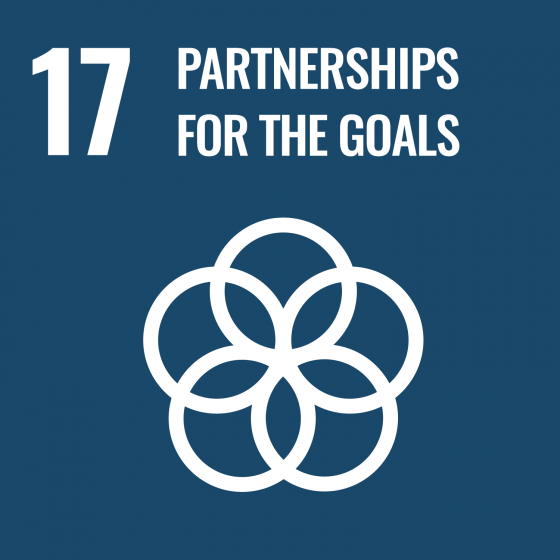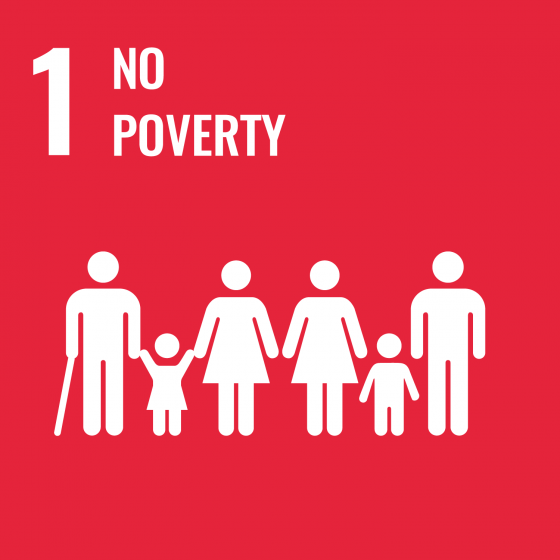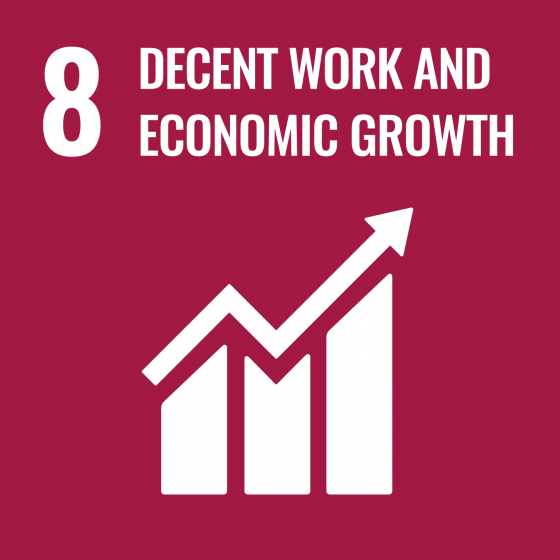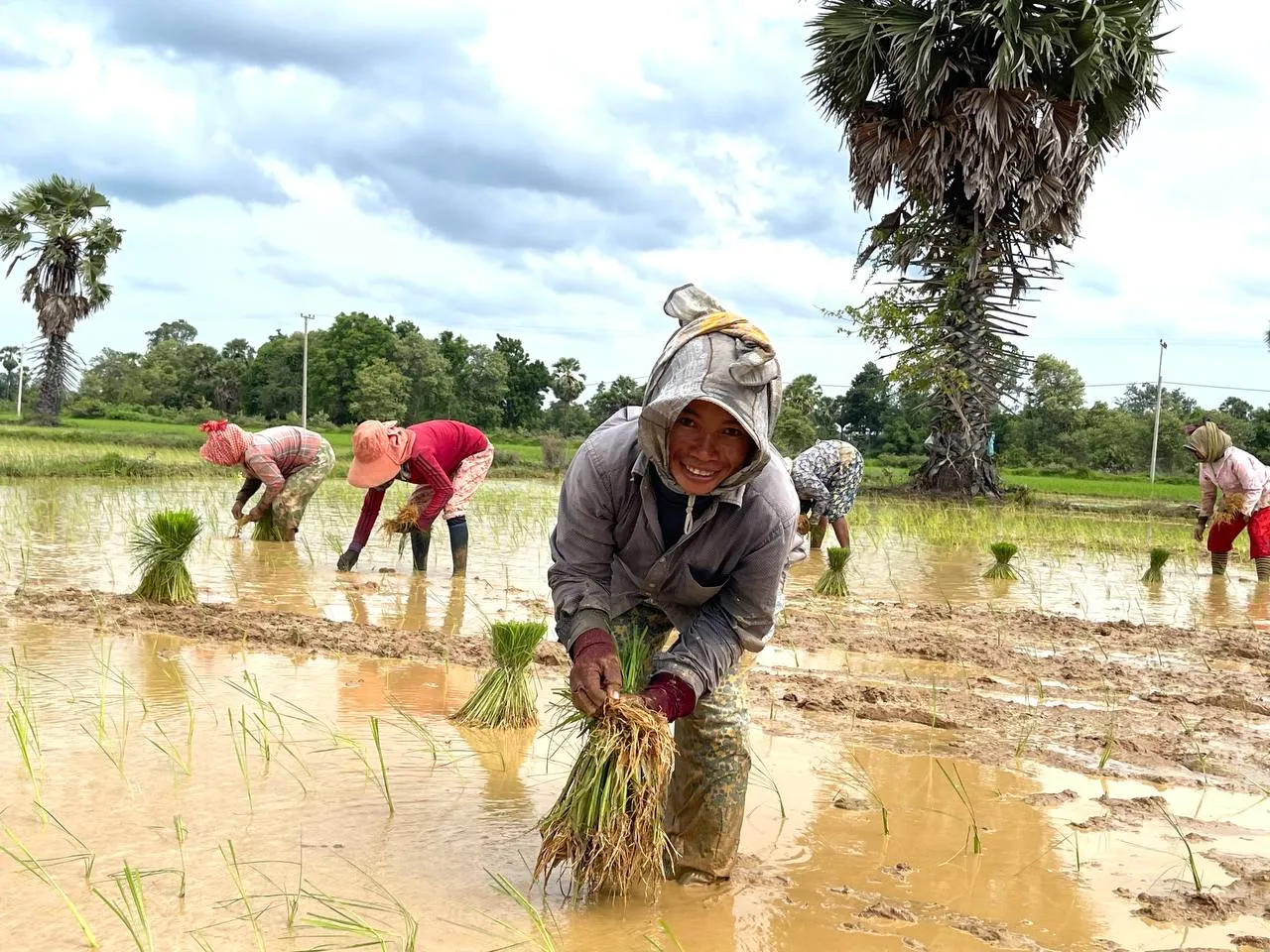
Background
Cambodia’s rice-based agricultural communities, particularly those in the Tonle Sap region, face growing vulnerability to climate change. Forecast trends in the country predict intense wet and dry seasons, which may lead to prolonged floods and droughts. Without sufficient access to climate-smart technologies, along with an enabling policy environment, smallholder farmers, who are largely dependent on rainfed agriculture and have limited access to irrigation, will remain exposed to the risks of crop failure.
This project aims to strengthen the climate resilience of vulnerable rice-based communities by expanding the reach of climate-adaptive technologies, improving institutional capacities, and promoting more robust agricultural systems. By targeting the Tonle Sap Region, which is both vital to national food security and highly exposed to environment and climate risks, the project seeks to protect rural livelihoods. It also promotes long-term agricultural sustainability in rice-based systems while protecting fragile ecosystems in the margins between agricultural areas as well as the lake and forest.
The project is being implemented in five provinces surrounding Tonle Sap Lake: Pursat, Battambang, Banteay Meanchey, Siem Reap, and Kampong Thom. These provinces represent a critical rice production zone that is facing intensifying climate-related challenges. Without targeted intervention, farmers in these areas will remain trapped in a cycle of low productivity and increasing vulnerability.
Objectives
The project aims to reduce the climate vulnerability of rice-based communities in the Tonle Sap region of Cambodia and increase their resilience to climate change through an ecosystem-based, market-driven approach.
To achieve this, the project will:
- Improve the enabling environment for climate change adaptation in rice and related priority sectors through integrated policies and planning.
- Support resilient production systems in rice-based communities for improved livelihoods.
- Scale up adaptation technologies and practices in selected value chains through partnerships, markets, and investments
- Build effective knowledge management, innovations, and monitoring and evaluation systems.

